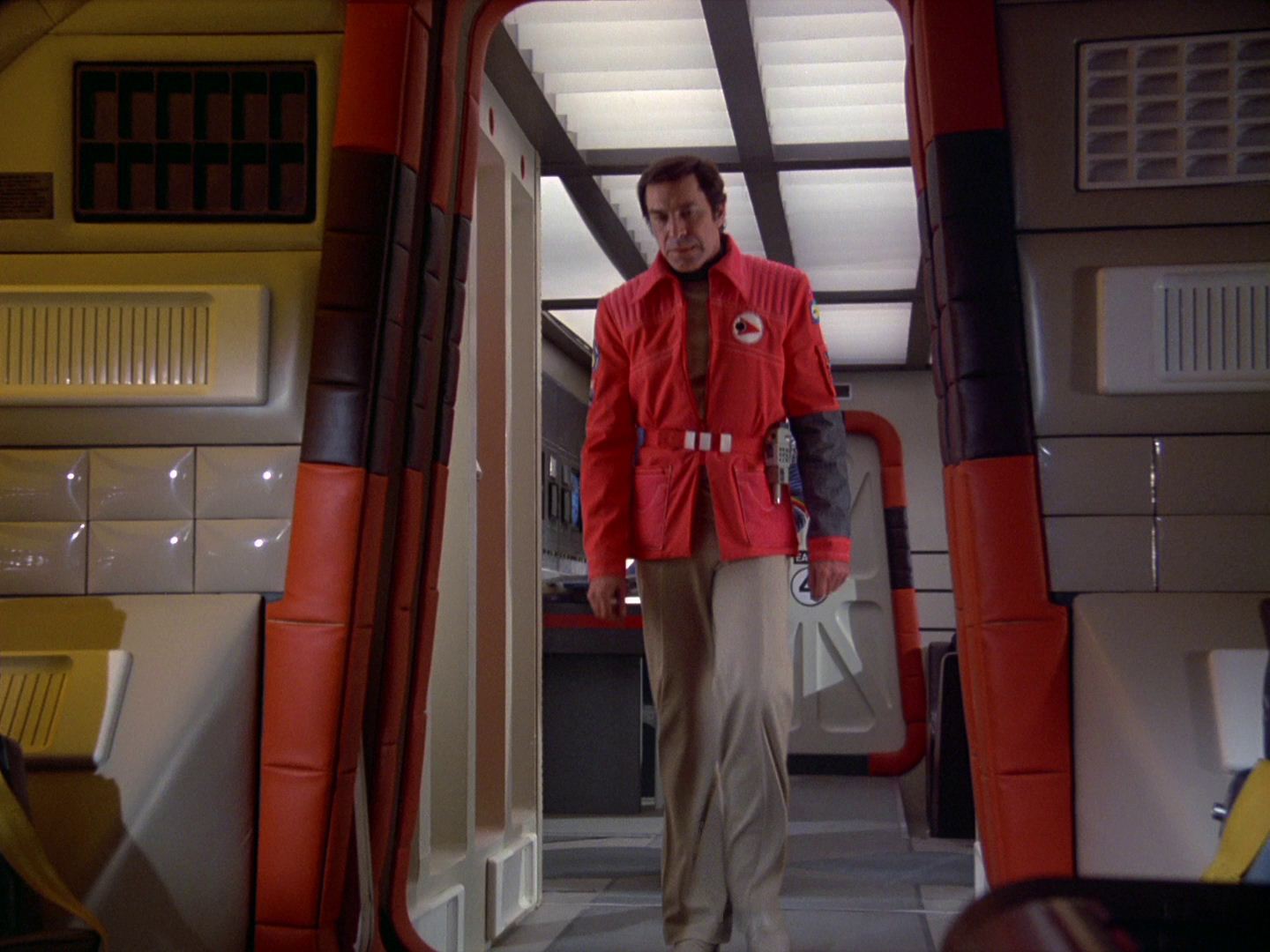WIN KIDS, LOSE CIGGIE BUCKS
FAST & CAUTIOUS
The cigaret companies, puffing $120,000,000 into the three tv networks next season, are exhibiting a nervousness, as bad as that of compulsive smokers worried about the ciggie-health scare.
Never before have the companies moved in on a new season's schedule with such speed as for the upcoming season. And never before have the tobacco companies been as skittish about the audience composition of particular shows which will carry their commercials.
The big push is to get the bulk of the cig monies in past 9 p.m. on the networks, although there are some eye-raising exceptions. The apparent motif of the ciggie tv network buying is to stay away from tv shows with strong kid and teenage appeal. However, that's no easy task, with youngstars watching tv more than ever, and with tv series more often than not keyed to juvenile appeal -especially in the early evenings.
For cigaret monies, the 8: 30 p.m. network period is considered a proper strating time for their commercials in entertainment shows.
There are no hard and fast rules. Playing a behind-the-scenes active role in the maddening decisions is the Cigarette Advertising Code Inc., the tobacco industry organization administered by Robert (Mike) Meyner, former Governor of New Jersey. Meyner's group not too long ago circulated a list of nighttime network series considered not to be good vehicles for cigaret commercials because of the youth appeal of the shows.
Dropping-The Hits
It's not accidental that R. J. Reynolds pulled out as alternate week sponsor of NBC's hit series, "Get Smart", next season. That show placed as the number one show
among kids from 6 to 11, according to Nielsen. R. J. Reynolds also has pulled out of "F Troop" on ABC next season, reportedly for the same reasons.
Ed Sullivan in booking The Beatles and other teenage rock ' n' roll faves won rating points and the youngsters, but In the process he's lost Kent next season, and there isn't a ciggie replacement at this date.
In these days when cig packs in the U.S. carry the warning; "Caution: Cigarette Smoking May Bo Injurious to Your Health," everyone connected with selling ciggies on tv in the U.S. resembles Don KnOtts having one of his nervous spells. The tobacco companies don't want to trigger tougher legislation. Neither they, nor their agencies, want other government health reports like the last ciggie-lung cancer one. The networks don't want to be responsible for administering the tobacco industry's code which clearly states "Cigarette advertising shall not appear on television . . . directed primarily to persons under twenty-one years of age."
The networks, like other media, readily accept the ciggie biz. The networks don't want the responsibility of saying which show may have heavy juve appeal. That's up to Gov. Meyner's Cigarette Advertising Code Inc., the webs say. Meyner's group, ad agencies report, has worked out guidelines for its member companies, firms which represent 99% of the ciggies produced in the I_ . S. The ciggie code guidelines are reported to be keyed to the time period, the total number of youngsters under 19 in that viewing audience, 2hd the percentage of the under 19 group in relation to the total audience of the program.
Applying the Guidelines -
These are abstractions. How the guidelines are applied is another matter. Ed Sullivan may kick up a ruckus in Washington, the way ho did, when some Senator saw a cigcommercial close to The Beatles' act. The ciggie companies get scared, even though the "Ed Sullivan Show" in general is strongly loaded with adult audiences. Why is a "Wild, Wild West" ciggie buy okay, but not a ciggie commercial in "Get Smart," which also attracts a lot of other viewers besides kids?
To get a more definite description of guidelines from Gov. Meyner's Madison Ave. office proved fruitless. It's reliably reported that the Poobah of ciggie advertising organized a panel of experts to watch the network shows and render their impressions on the appeal of the shows to youngsters. A member of that panel was said to ba Dore Schary, playwright and former head of production of Metro. What the panel recommended also was indicated by Gov. Meyner's office. That office, according to agencies, is serving as a clearing houso for ciggie . buys, although Gov. Meyner is reported to be playing it softly with his member companies.
Meyner was described by one agency exec as a "suggestion man," his staff avoiding hard, fast and tough tv rules. To the press, sinco becoming Poobah of Tobacco Country, he's "silent Mike."
The nine member companies of Cigarette Advertising Code includo the big six tobacco companies, R. J. Reynolds, American Tobacco, P. Lorillard, Liggett & Meyers, Philip Morris, and Brown & Williamson. In addition, the group includes three smaller, firms, U.S. Tobacco, Stephano Bros., and Larus & Brohter Co.



